Sound and light energy -> systems
Systems in Science
A system in science refers to a set of interacting or interdependent components forming an integrated whole. These components work together to perform a specific function or goal. In the context of science, systems can be found in various fields such as biology, ecology, physics, and chemistry.
Types of Systems
There are different types of systems in science:
- Open System: A system that can exchange both matter and energy with its surroundings. Example: A boiling pot of water.
- Closed System: A system that can exchange energy but not matter with its surroundings. Example: Earth receiving sunlight and emitting heat.
- Isolated System: A system that does not exchange energy or matter with its surroundings. Example: A thermos flask containing hot coffee.
Components of a System
A system is composed of various components that work together to achieve a specific purpose. These components can be physical parts, processes, or interrelated elements. In biological systems, components may include organs, cells, and tissues, while in ecological systems, components may include organisms, habitats, and environmental factors.
Interactions in Systems
Interactions among the components of a system are crucial for the system to function effectively. These interactions can involve energy transfer, material flow, feedback mechanisms, and the influence of external factors. Understanding the interactions within a system helps scientists analyze and predict the behavior of the system.
Studying Systems
Studying systems in science involves analyzing the relationships and interactions among the components of the system. This can be done through observation, experimentation, modeling, and data analysis. By studying systems, scientists can gain insights into complex phenomena and develop strategies for managing and controlling systems for various purposes.
Key Concepts to Understand
When studying systems in science, it is important to understand concepts such as equilibrium, stability, feedback loops, emergence, and system boundaries. These concepts provide a framework for analyzing and describing the behavior of systems in nature and in man-made environments.
Study Guide
To understand the topic of systems in science, consider the following study guide:
- Define what a system is and provide examples of different types of systems.
- Identify and describe the components of a specific system (e.g., the respiratory system in the human body).
- Explain the interactions among the components of a system and how they contribute to the overall function of the system.
- Discuss the importance of studying systems in science and provide real-world examples of systems in different scientific fields.
- Apply the concepts of equilibrium, stability, feedback loops, and emergence to analyze a specific system or phenomenon.
By mastering the topic of systems in science, you will gain a deeper understanding of the interconnectedness of the natural world and the principles that govern the behavior of complex systems.
.◂Science Worksheets and Study Guides Fifth Grade. Sound and light energy
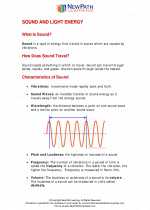
 Activity Lesson
Activity Lesson
 Worksheet/Answer key
Worksheet/Answer key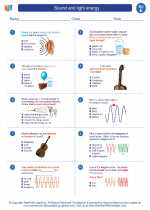
 Worksheet/Answer key
Worksheet/Answer key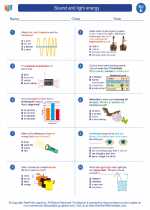
 Worksheet/Answer key
Worksheet/Answer key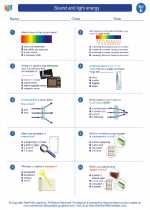
 Worksheet/Answer key
Worksheet/Answer key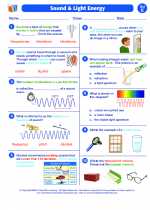
 Vocabulary/Answer key
Vocabulary/Answer key
 Vocabulary/Answer key
Vocabulary/Answer key
